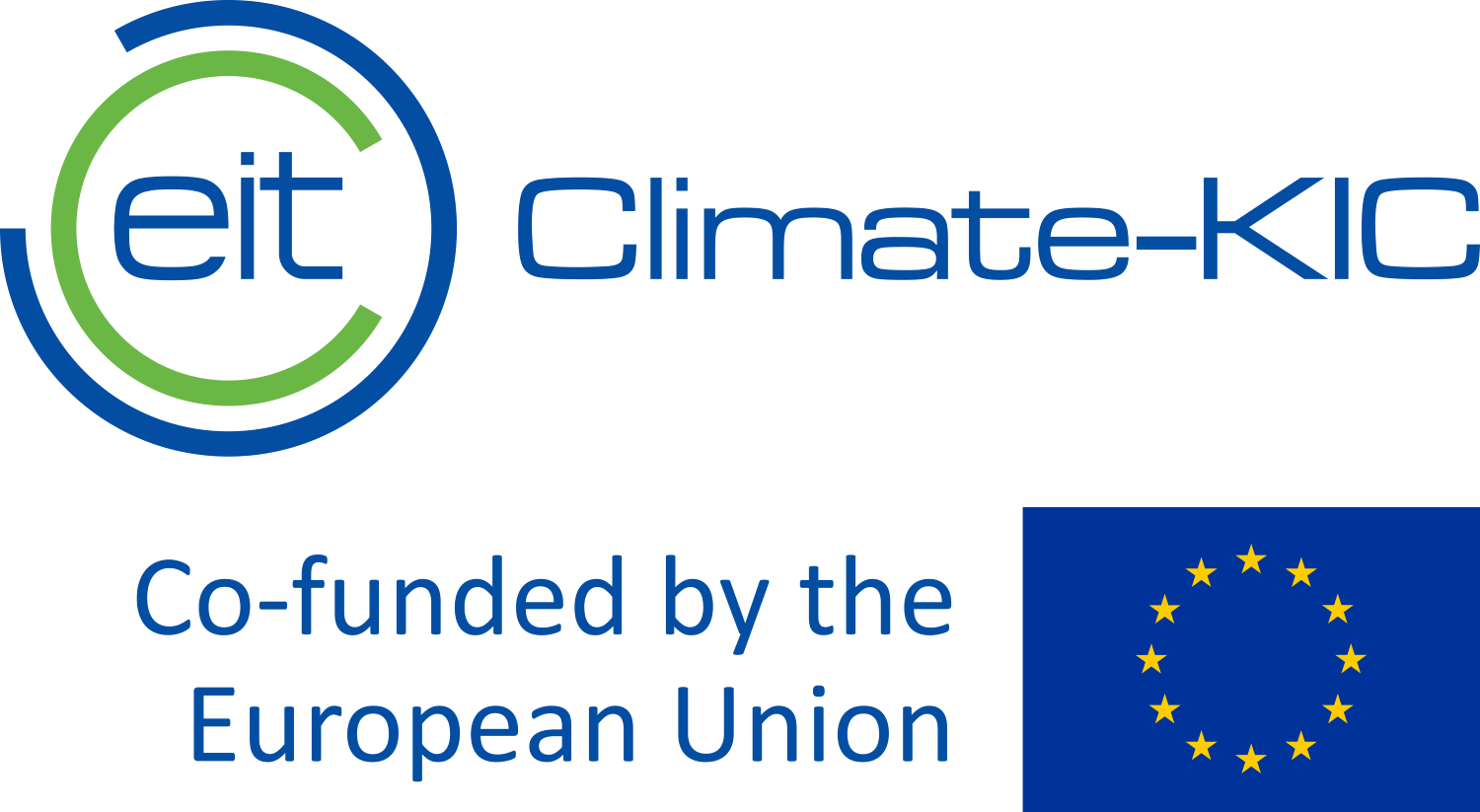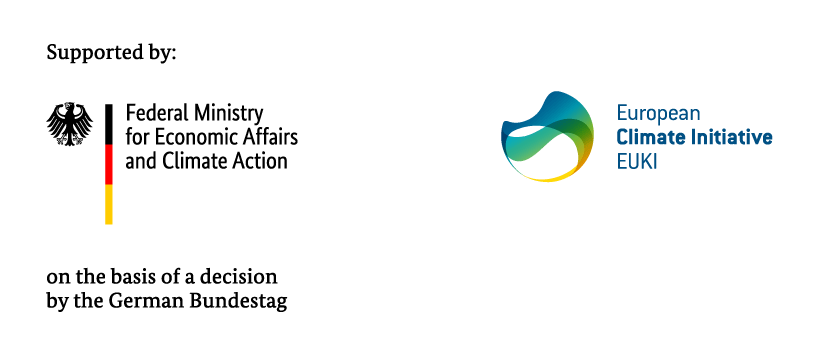Today, 2° Investing Initiative’s Retail Investing Program has released the results of 300 mystery shopping visits across seven EU countries that map the current extent to which sustainability feeds into financial advice. The research represents the most comprehensive attempt to date to map the preparedness of the European market to changes to EU regulation under the upcoming MiFID II Delegated Act.
Read the summary slide deck here.
Read the full report here.
The research finds that across the EU, only 25% of advisors ask about environmental or social objectives as part of a client profile assessment. For environment, that number ranges from 55% (Germany) to 5% (Estonia). In France, which is often considered a leader, only 16% of advisors ask about these topics. Over one in five mystery shoppers felt their sustainability objectives were entirely ignored and only 55% of advisors responded to sustainability requests spontaneously with a targeted product.
Perhaps most problematic: 50% of mystery shoppers were not offered suitable products, or were not convinced / did not understand the product’s suitability when it was offered to them.
The survey also highlighted the gap in financial advisors’ knowledge. Except for Germany and Denmark, only a minority of advisors appeared to mystery shoppers to have sufficient knowledge levels.
To help address these shortfalls, 2DII offers seven key recommendations to EU policymakers:
- Include wider sustainability motivations in the mandatory assessment of sustainability preferences (i.e. sustainability goals (having an impact, value alignment or/and improvement of financial performance through ESG) as well as sustainability features beyond those mentioned in MiFID II).
- Create impact categories in the legislation (SFDR and MiFID II).
- Provide a framework for training financial advisors in sustainable finance (with clear ESMA guidelines on topics to be covered and certifications provided by national regulators).
- Prevent predefined choice options built upon the product range of the distributor in the assessment of sustainability preferences.
- Offer clarifications on how to respond to clients’ sustainability preferences and wider sustainability motivations.
- Provide strict guidance regarding the possibility to adapt sustainability preferences (in case of missing suitable products in the bank’s range of offer) and tools to help clients consider available products outside of the bank offer.
- Exercise supervisory controls on financial advisors’ practices using different tools (e.g., access to meeting recordings or mystery shopping).
Related: Answer our consultation on assessing client sustainability preferences
2DII has developed a draft suitability questionnaire and draft guidance to help investment firms comprehensively assess clients’ sustainability preferences in line with the requirements of MiFID II/IDD and wider sustainability motivations. You can participate in our consultation here.
Mickaël Mangot, head of 2DII’s Retail Investing Program, said: “Even as more and more European consumers want to invest sustainably, they are still struggling to find adequate counsel from their financial advisors, according to more than 300 mystery shopping visits we carried out across seven EU countries. Ahead of the upcoming MiFID II Delegated Act, European regulators must take action to address this shortfall and help retail investors achieve their sustainable investing goals.”
About our funders: This project has received funding from EIT Climate-KIC. The project is co-funded by the European Climate Initiative (EUKI) of the German Federal Ministry for Economic Affairs and Climate Action (BMWK). Disclaimer: This work reflects only the authors’ views, and the funders are not responsible for any use that may be made of the information it contains.




